Beekeeping T-shirts
Christmas is coming. I was in London in late October and there were already decorated trees in some of the shops around Regent Street. Far, far too early in my opinion. Bah Humbug!
Nevertheless, it’s not too soon to be thinking about Christmas presents and what could be more appropriate to wear under your beesuit than a beekeeping T shirt? There are loads available. Relatively few are hugely original, relatively few are outrageously funny (or rude) but some are at least vaguely entertaining or clever.
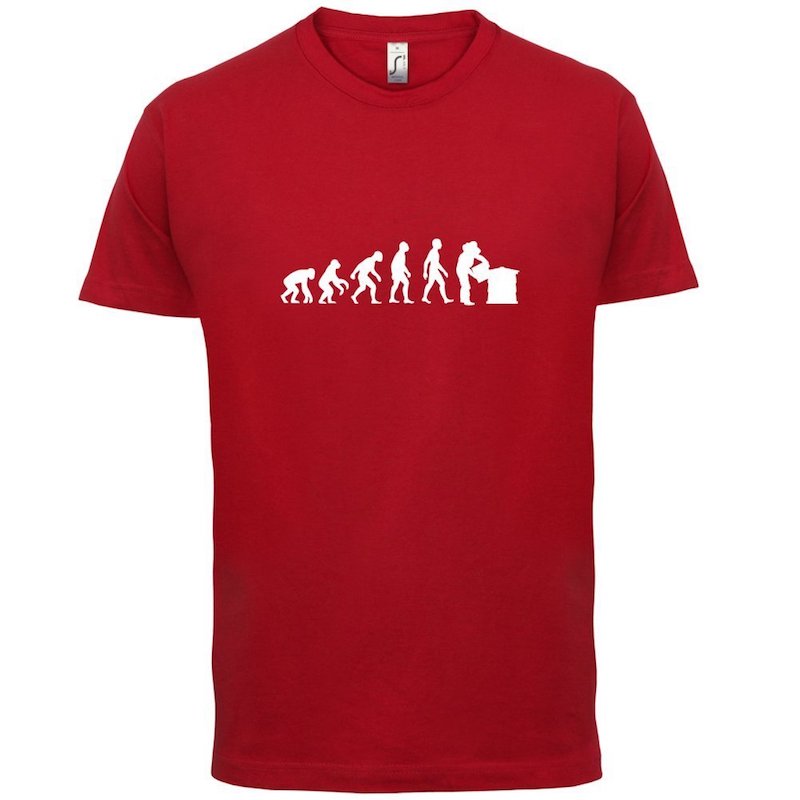
March of Progress
I’ve got a couple of the ‘evolution of a beekeeper’ T’s bought, I think, from Amazon (no longer listed 🙁 ). These are pretty good quality but come up rather smaller than expected. They’ve been washed loads and haven’t shrunk or faded. The image is one of thousands of parodies† of the 1965 Time-Life books-commissioned ‘March of Progress‘ drawing by Rudolph Zallinger that showed 15 evolutionary forebears of modern humans – from Pliopithecus onwards (i.e. covering ~20 million years from the Miocene onwards) – marching from left to right. There are several variants of this design, including versions with the beekeeper attending either Warré hives or skeps‡.
Here are a random selection of other options – all can be found with a little careful googling, though some are from US suppliers.
- Badass
- Outside the box
- Retirement
- I’ve got hives
- Godfather parody
- Keep calm
- Be like the bees
- I’d smoke that
- The Pollinator
- Expectations
- I’d rather be
- Worker
Finally, here’s a design worn by a few contributors to the online beekeeping forums (fora?) … you know who I mean 😉
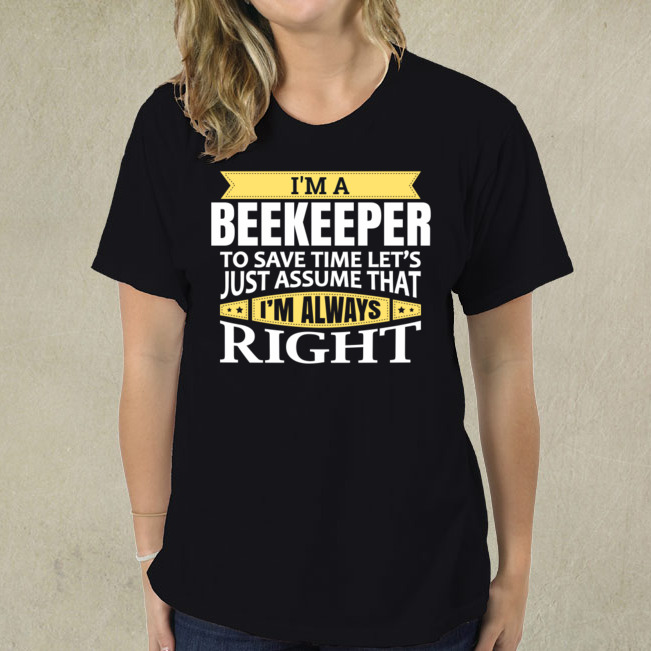
Always right
† If you’re interested in more detail on the March of Progress you might like to read a discussion about how misleading it really is (it suggests a linear evolutionary path for modern man which is certainly not the case) and about the pre-1965 evolutionary history of the image itself written by Brian Switek in ScienceBlogs. Alternatively, if you just want to be entertained by a few parodies of the original drawing try this collection on MentalFloss, these on MyModernMet (some of which are also reproduced at 123inspiration).
I particularly like this one in Lego, which is a parody of a parody …
‡ It could be argued that use of skeps represent a less well evolved beekeeping activity.
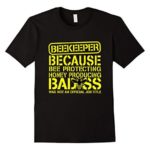
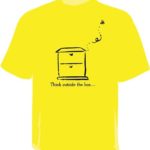

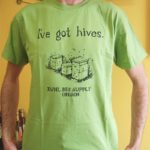
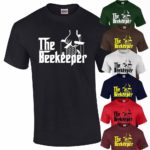
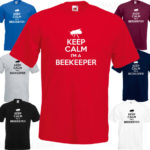
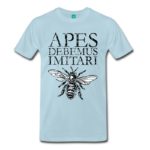


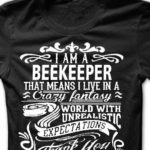
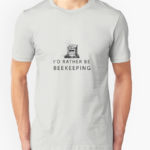


Join the discussion ...